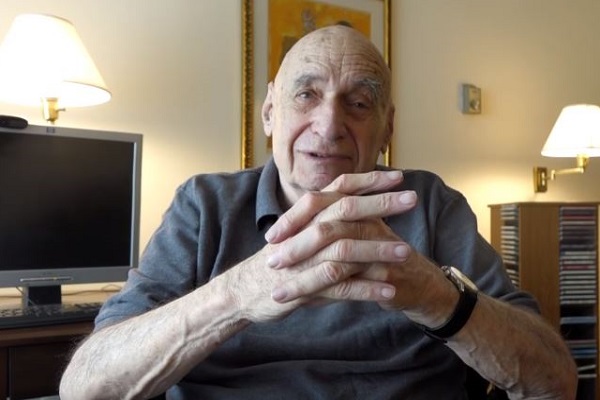
Author of The Social Construction of Reality passes at age 88.
Peter Berger, the influential theologian who helped spearhead a revival died last week, aged 88.
His death was announced by Boston University, where Berger founded the school’s Institute on Culture, Religion, and World Affairs in 1985. In the years following, he helped to make it one of the leading lights of theological scholarship, with a particular focus on “religion in an age of globalization.”
Peter L. Berger, Sociologist Who Fought Against “God is Dead” Argument, Has Died[/tweetthis]
The 1960s saw the rise of the “God is Dead” movement, which peaked with a Time magazine cover on the subject. Berger fought hard against this movement, arguing that religion still had an important part to play in a world that was becoming increasingly secularized and globalized. His solution to the issue at hand was simple- that people needed to learn to see the transcendent in everyday experiences. He chastised Protestant churches for embracing social movements, but also urged theologians to find points of agreement between Christianity and Eastern religions like Buddhism and Hinduism for the way that they approached spirituality.
He gave birth to some influential theories; and he was indeed a great sociologist. Rest in love, Peter L. Berger. https://t.co/HyWDnI3iwM
— Emilia Tiurma Savira (@emilia_ts) June 30, 2017
At the time, the main sociological theory on religion stated that modernity would inevitably lead to a decline in religion, but Berger’s work not only fought against that claim- in some ways, it actively disproved it. While a committed Lutheran himself, Berger had a strong following amongst evangelicals, and is given credit by many for stimulating a revival of the movement in the latter 20th century.
